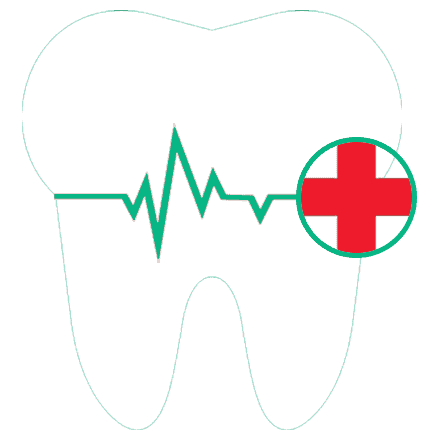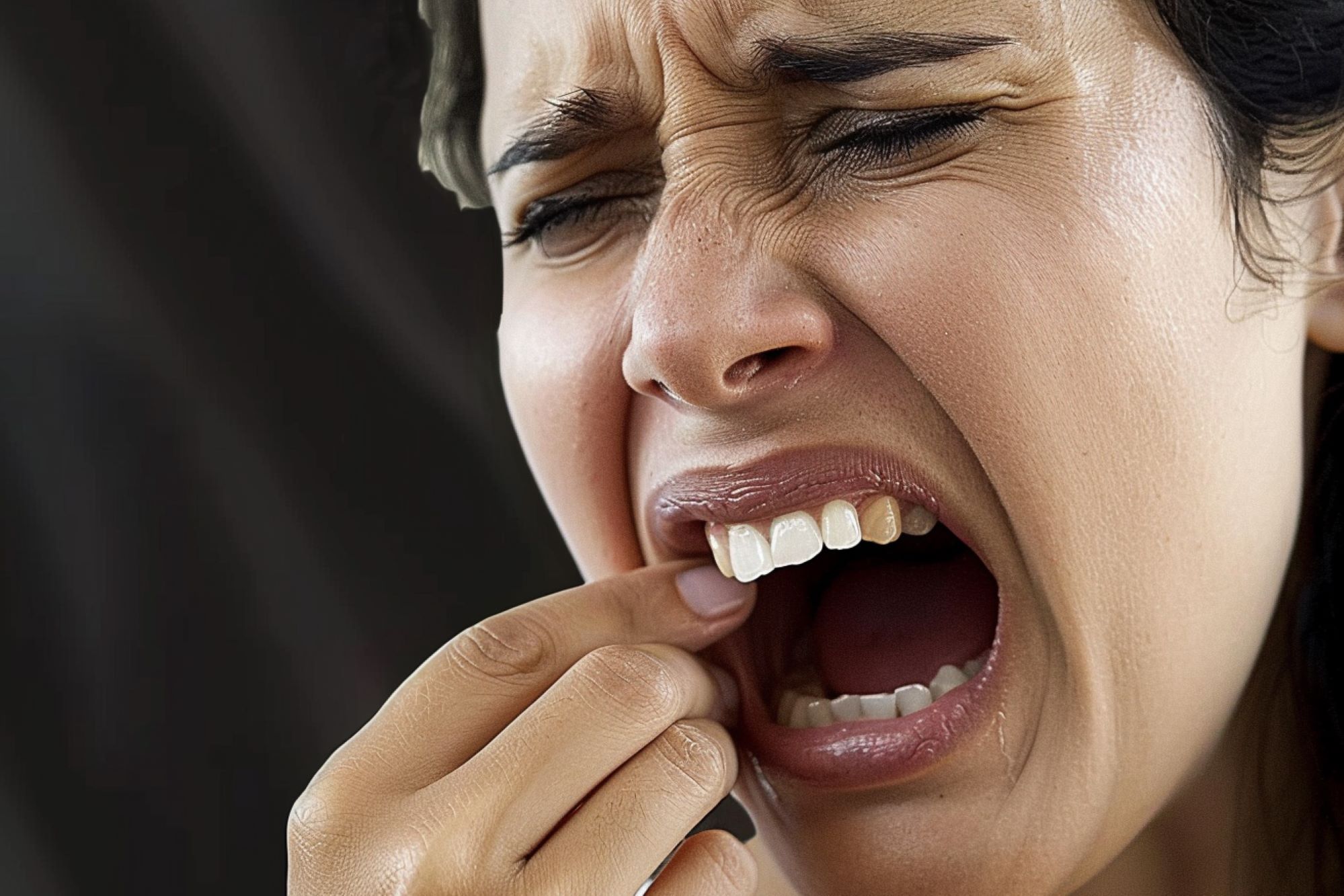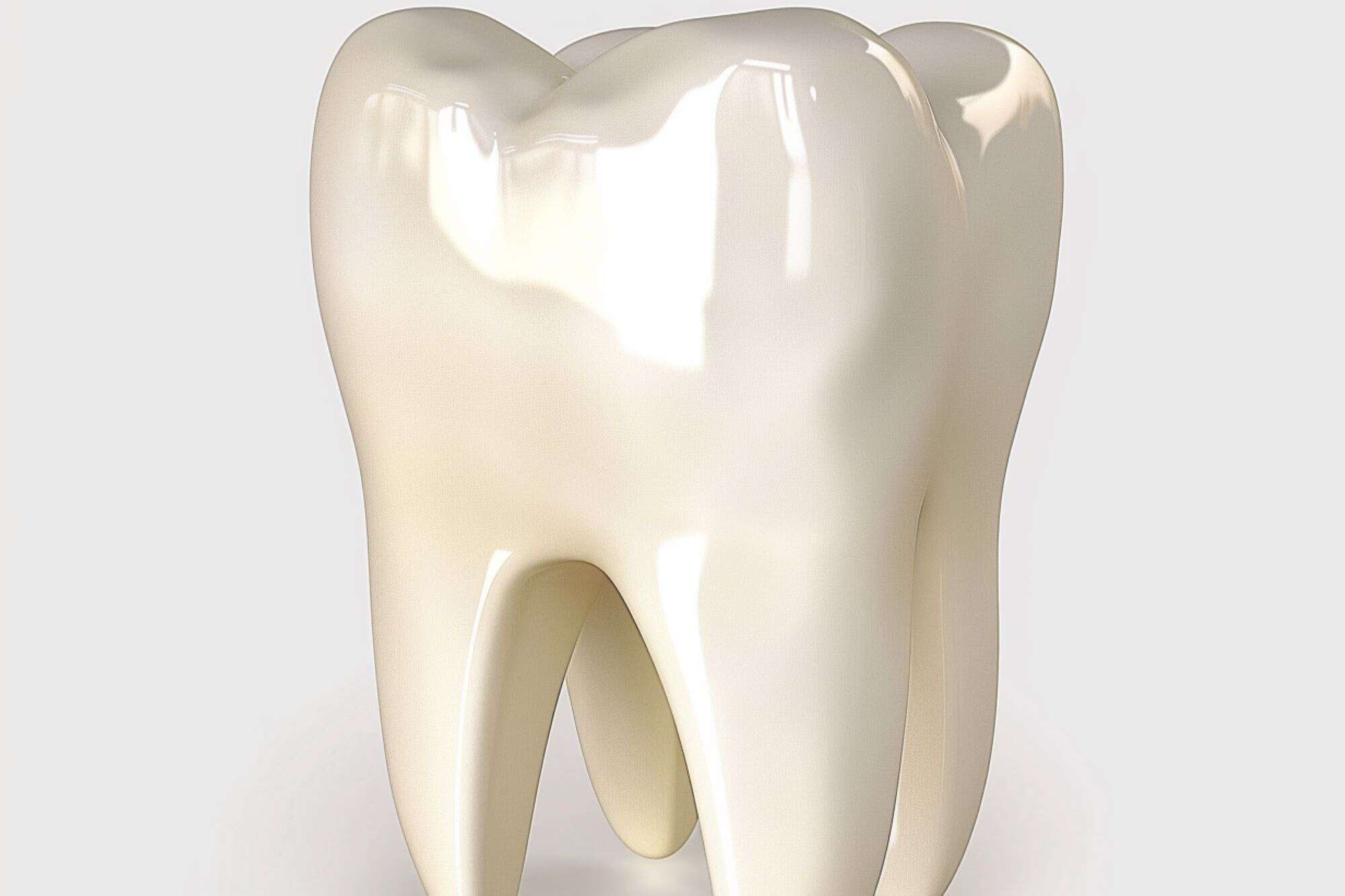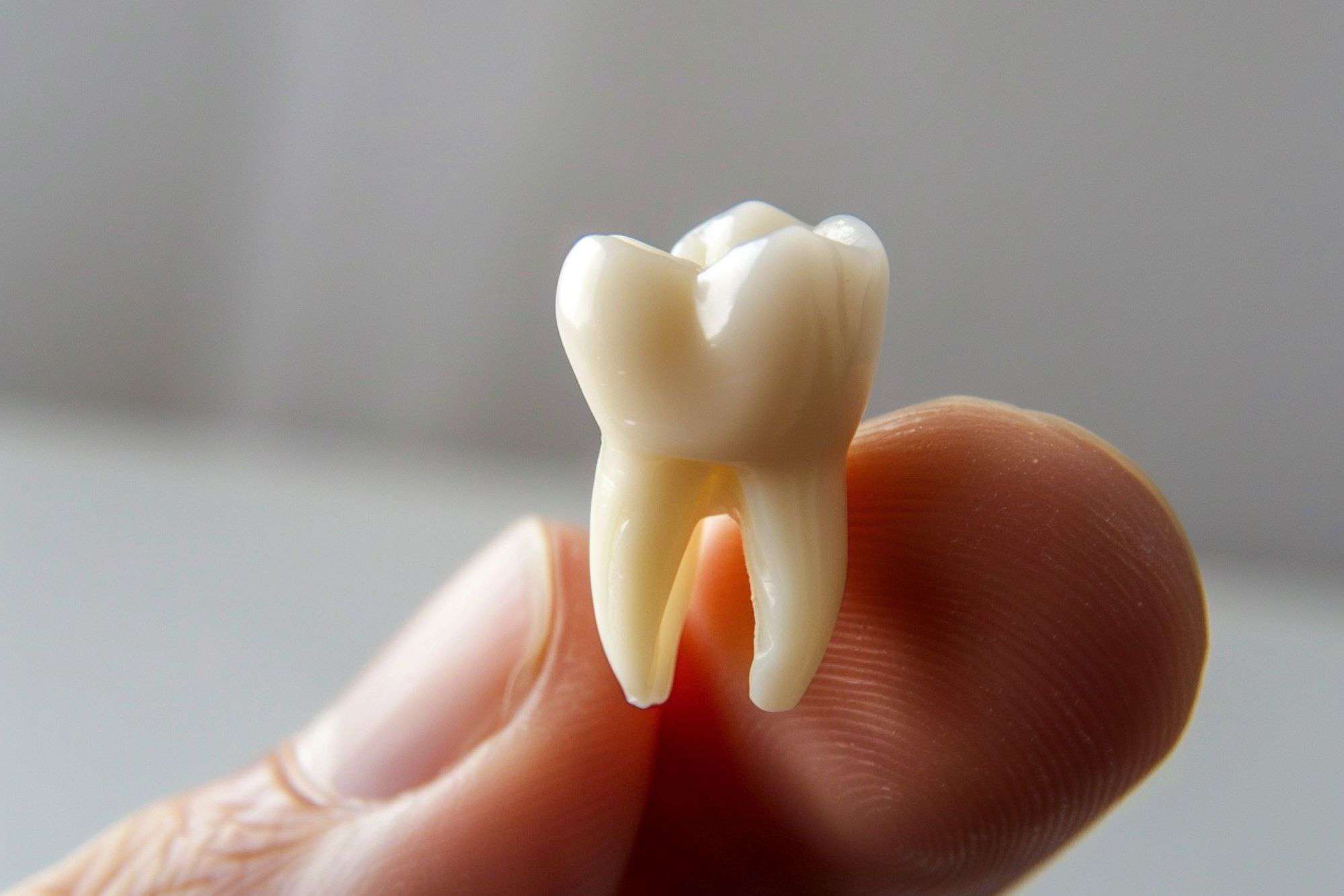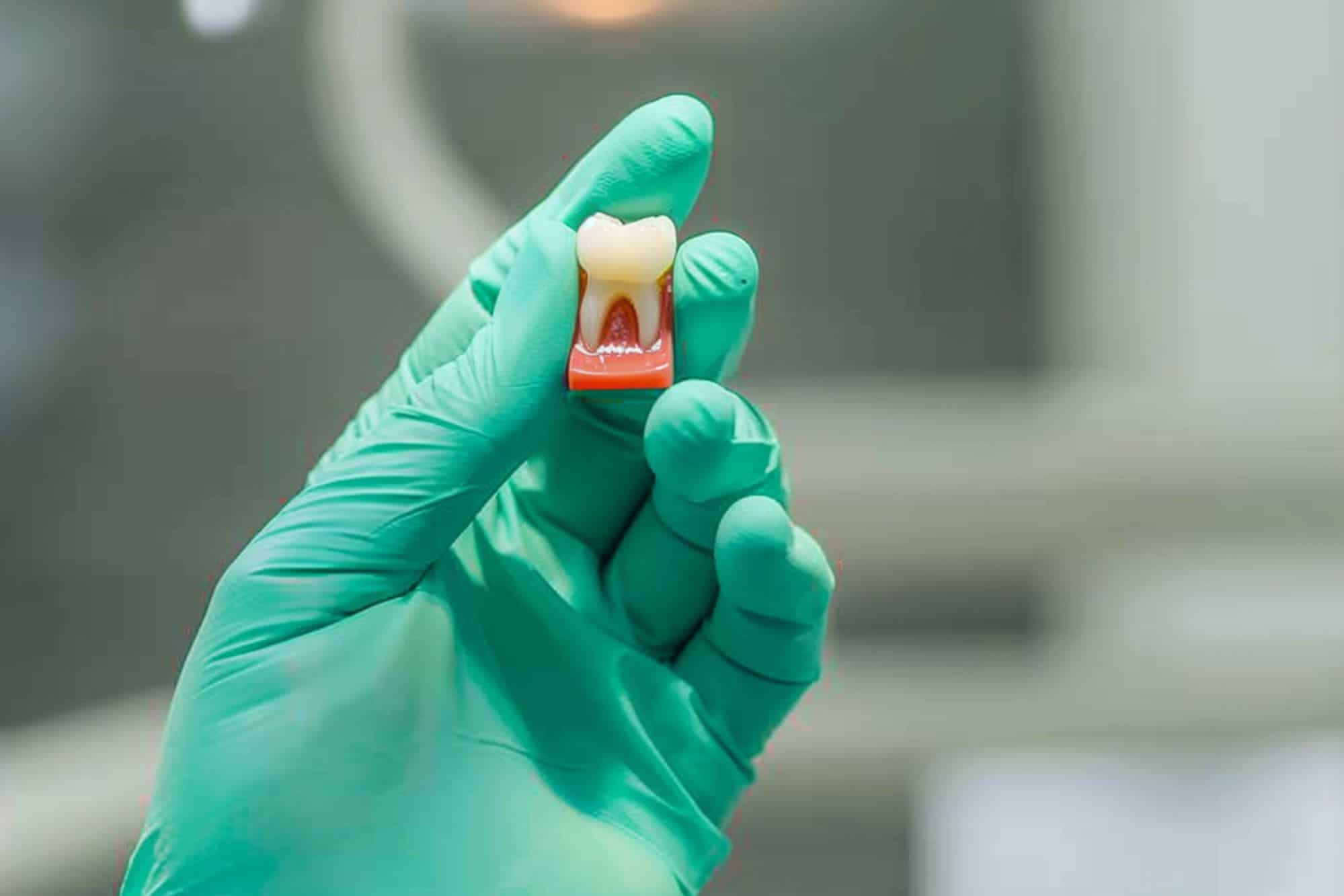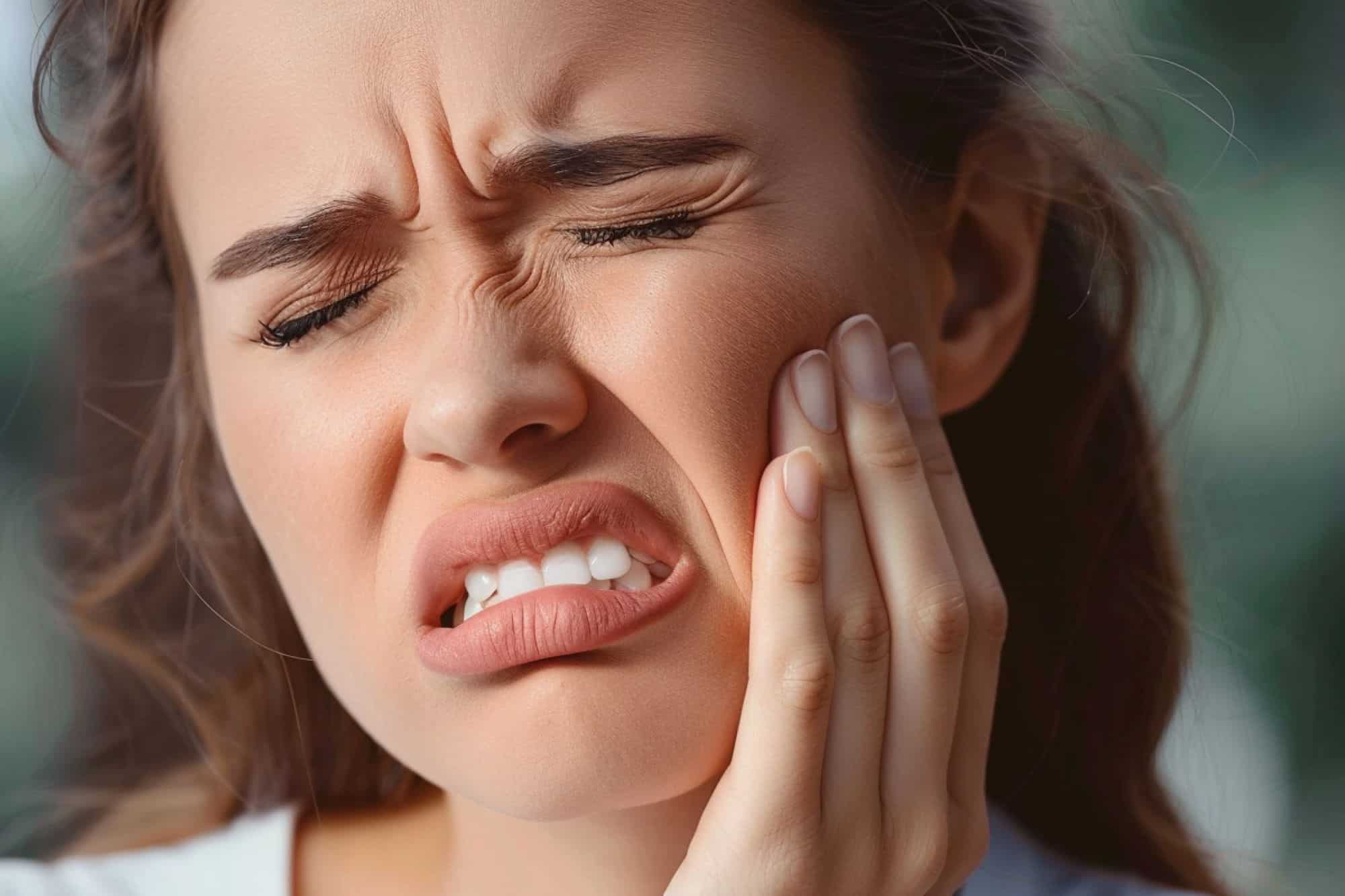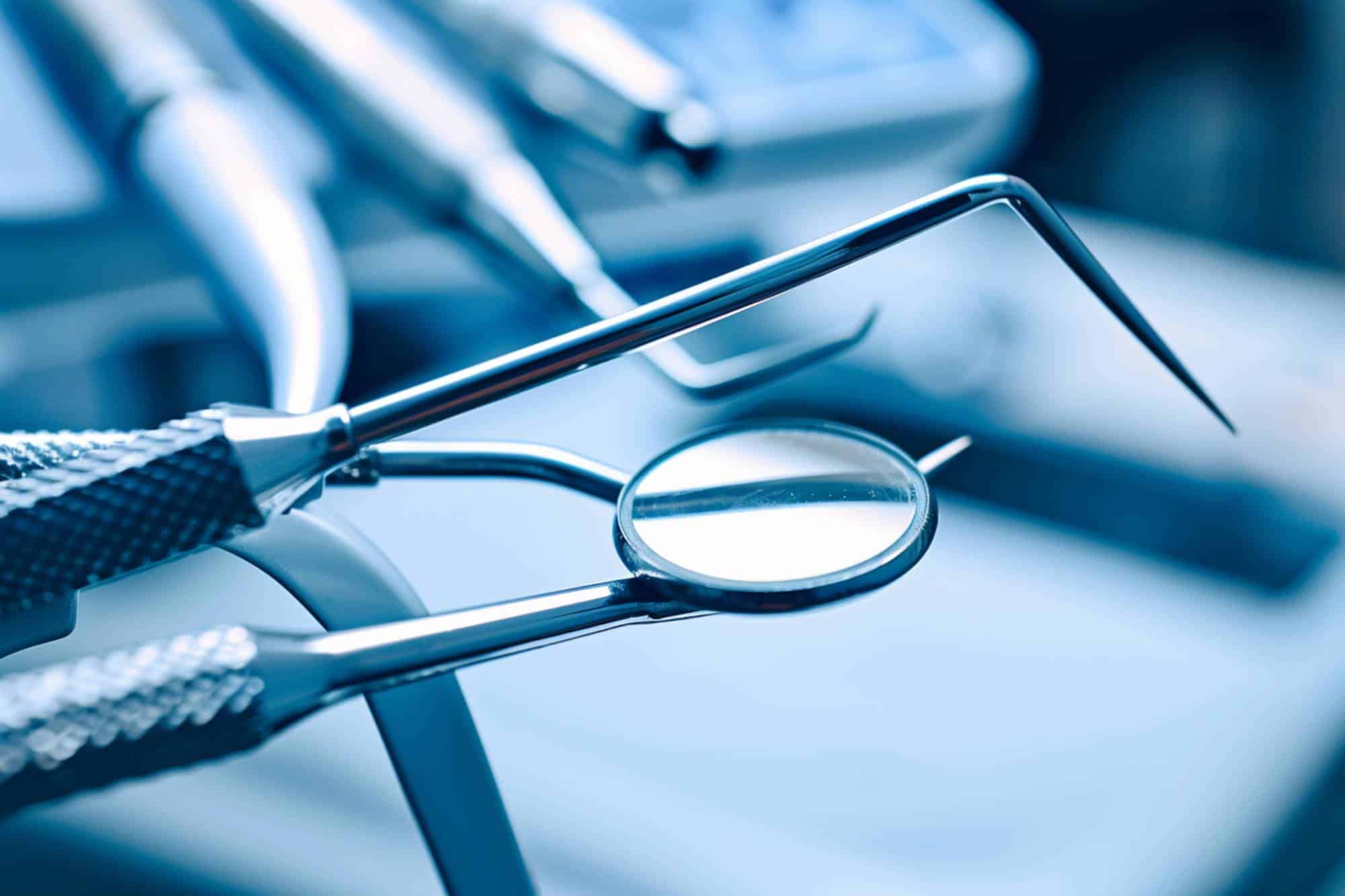If you’ve ever had a sudden toothache or a dental mishap, you know how troubling it can be to decide when to head to an emergency dentist. Knowing when to seek immediate dental care in Roanoke can save your tooth and prevent further complications. This guide will help you identify clear signs of when it’s time to call your emergency dentist.
Recognizing Dental Emergencies
Severe Pain and Its Implications
Dental pain isn’t just uncomfortable—it can be a sign of serious issues needing urgent care. If you experience intense pain that interrupts your daily activities or wakes you up at night, it’s time to seek help. This kind of pain might mean you have an infection or severe decay that could worsen without prompt treatment.
Visible Damage to Teeth and Gums
Sometimes, the damage to your teeth or gums is obvious. Cracked, chipped, or broken teeth are common reasons to visit an emergency dentist immediately. Similarly, if you notice a loose or lost filling or crown, you should get it fixed as soon as possible to avoid further damage to your tooth.
Signs of Infection
Infections in the mouth can quickly become serious. Look for signs like swelling in your gums, face, or neck, a fever, or a foul taste in your mouth. These symptoms might indicate an abscess or other infection that requires urgent dental care to prevent it from spreading.
Specific Emergency Scenarios
Knocked-Out Teeth
A knocked-out tooth is one of the most urgent dental emergencies. If this happens, it’s crucial to keep the tooth moist and handle it by the crown, not the root. Try to place it back in the socket without forcing it.
You should see an emergency dentist immediately—ideally within an hour…
If that’s not possible, keep the tooth in a container of milk or a special dental preservation product. You should see an emergency dentist immediately—ideally within an hour—to increase the chances of saving the tooth.
Severe Toothache and Its Causes
A severe toothache can signal various problems, such as decay reaching the tooth’s pulp or an abscess. If the pain is severe and persistent, it’s important to consult your emergency dentist without delay. They can diagnose the cause and provide relief. Ignoring the pain can lead to more serious complications, including the spread of infection.
Broken or Lost Restorations
If you have a filling, crown, or other dental restoration that breaks or falls out, your tooth will be vulnerable to damage and decay. Avoid chewing on the side of the lost restoration and try not to eat hard or sticky foods.
Contact your emergency dentist as soon as possible. Temporary dental cements available at pharmacies might also help protect the tooth until you can receive professional care.
These scenarios require immediate attention not just to relieve severe pain but also to prevent further complications that could significantly impact your oral health. Understanding these emergencies and how to initially respond can make a significant difference in the outcome of your dental treatment.
Managing Dental Emergencies at Home
Immediate Pain Relief
While you prepare to visit the dentist, managing pain is a priority. Over-the-counter pain relievers such as acetaminophen or ibuprofen can help alleviate discomfort.
RECOMMENDATION
Do not place aspirin directly against the gums near the aching tooth, as this old home remedy can actually harm your gum tissue.
Preventing Further Damage
To minimize further damage to a damaged tooth or restoration before you get to your dentist’s office, here are a few tips:
- Avoid chewing hard foods on the damaged side of your mouth.
- If you’ve lost a filling or a crown, cover the area with dental wax or over-the-counter dental cement if available. This can protect the exposed tooth and reduce sensitivity.
- For a cracked tooth, rinse your mouth gently with warm water to clean it, and apply a cold compress to your cheek to reduce swelling.
These measures are not permanent solutions but can significantly aid in managing symptoms and protecting your teeth until you receive professional care. Remember, these home treatments are temporary, and visiting an emergency dentist is still crucial to address the underlying problem effectively.
When to Visit the Emergency Dentist Immediately
Uncontrollable Bleeding
If you experience bleeding from the gums or teeth that does not stop after a few minutes of applying pressure with a clean, dry cloth or gauze, it’s essential to seek emergency dental care. Persistent bleeding can be a sign of a deep cut in the gums or damage to the teeth that require professional attention.
Swelling: Causes and Concerns
Swelling in the mouth, face, or neck can indicate a serious infection, such as an abscess, which can spread if not treated promptly. If you notice swelling, especially if it is accompanied by fever or severe pain, you should visit an emergency dentist immediately. These symptoms can escalate quickly and may require more than just dental treatment.
Impact on Daily Activities
Dental issues that significantly impact your ability to eat, sleep, or go about your daily activities are a clear signal that you need immediate care. For example, if dental pain is so severe that you cannot concentrate on work or other tasks, this indicates a serious underlying issue that needs urgent professional evaluation and treatment.
Prompt action in these situations not only helps alleviate severe symptoms but also prevents long-term complications. Recognizing when to seek immediate care is crucial for effective treatment and can often save teeth that might otherwise be lost.
Prevention and Regular Dental Care
Routine Check-Ups and Their Importance
Regular dental check-ups are essential to preventing emergencies before they happen. During these visits, your dentist in Roanoke can catch early signs of decay, infection, or structural problems with teeth and restorations before they turn into major issues.
Aim to visit your dentist every six months or as recommended, to keep your oral health in top shape and avoid unexpected dental emergencies.
Dental Hygiene Tips
Maintaining good oral hygiene is your first line of defense against dental emergencies. Here are some simple but effective tips:
- Brush your teeth at least twice a day with fluoride toothpaste, and floss daily to remove plaque and food particles that can lead to decay and gum disease.
- Use a mouthwash to help kill bacteria and freshen your breath.
- Be mindful of eating hard or sticky foods that can cause damage to your teeth and restorations.
- Wear a mouthguard if you participate in sports or if you grind your teeth at night to protect against injuries and wear.
By taking these preventative measures, you can significantly reduce the risk of dental emergencies and maintain a healthy smile. Regular care and good hygiene not only keep your teeth and gums healthy but also save you time and money by avoiding the need for emergency dental visits.
Frequently Asked Questions
What should I do if I break a tooth?
If you break a tooth, rinse your mouth with warm water to clean the area and apply a cold compress to your face to reduce swelling. Try to save any pieces of the broken tooth, and bring them with you to the dentist. It’s important to see a dentist as soon as possible to assess the damage and determine the best treatment.
How can I tell if it’s a dental emergency or if it can wait?
Generally, if you are in severe pain, have lost a tooth, or have a loose tooth, it’s a dental emergency. Other signs include persistent bleeding, swelling in the mouth or facial area, or an injury to your jaw. If you are unsure, it’s better to call your dentist and describe your symptoms—they can advise whether you need immediate treatment.
What are the costs associated with emergency dental care?
The costs for emergency dental care can vary depending on the type of treatment needed and your location. Basic procedures may involve costs for X-rays, pain relief, and temporary treatments, while more complex issues may require more expensive interventions like root canals or crowns. Most dental offices in Roanoke offer payment plans or can help you with insurance claims to manage these expenses.
Conclusion
Recognizing when to seek emergency dental care is crucial for maintaining your oral health and avoiding long-term damage. Whether you’re dealing with a knocked-out tooth, severe pain, or an infection, acting quickly can be the difference between saving or losing a tooth. Remember, your dentist in Roanoke is ready to help during these urgent situations, ensuring you receive the necessary care to keep your smile healthy and intact.
